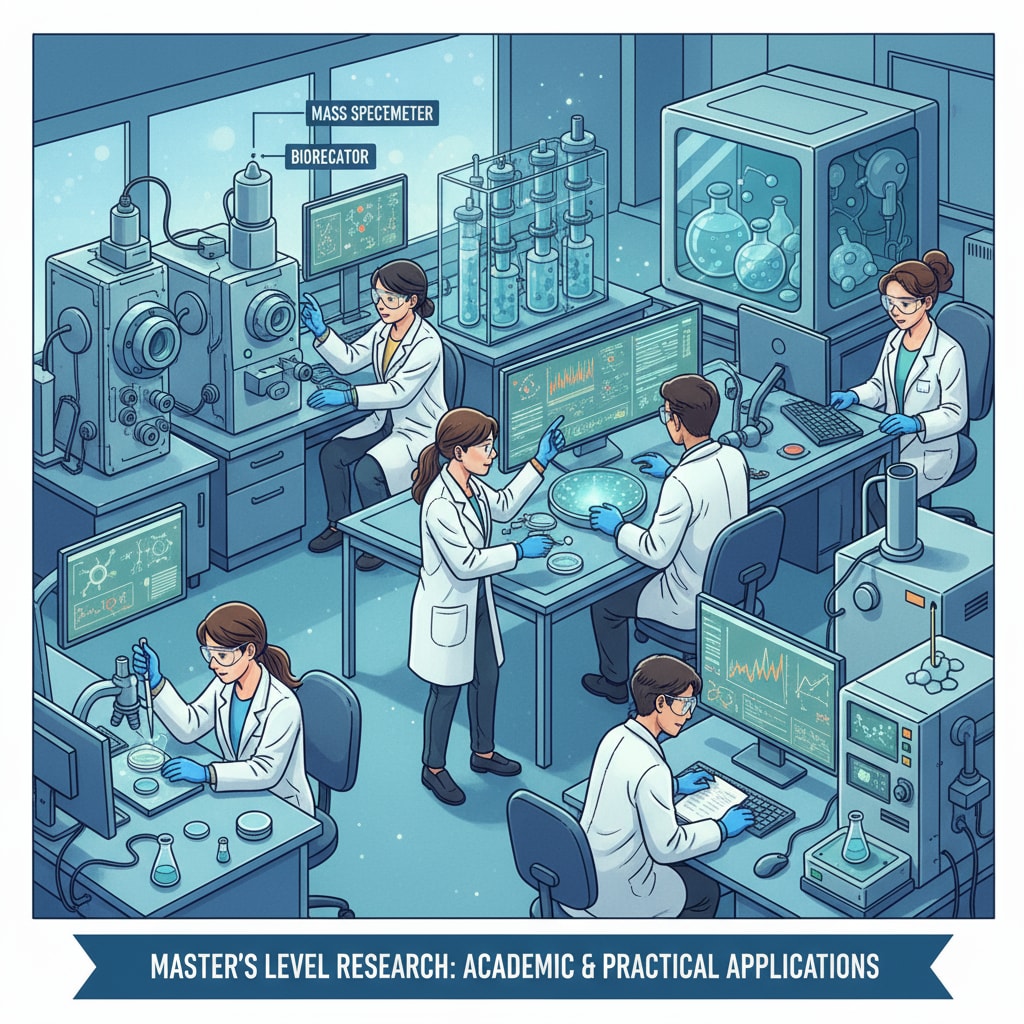Career choices in higher education often present a significant dilemma for undergraduate students: whether to pursue a master’s degree or enter the job market directly. This decision is a pivotal aspect of career planning, as it can shape one’s professional trajectory in profound ways.

The Allure of Master’s Studies
Opting for a master’s degree offers several advantages. Firstly, it provides in-depth knowledge and specialized skills in a particular field. For example, in fields like engineering or computer science, a master’s degree can equip students with advanced technical expertise that is highly valued by employers. According to Britannica’s information on graduate education, advanced degrees often open doors to more senior and specialized positions. Secondly, a master’s program can enhance one’s research and analytical abilities, which are transferable skills applicable in various industries. Additionally, it may expand professional networks, as students interact with professors and peers who are experts in the field.

The Temptation of Direct Employment
On the other hand, choosing to enter the workforce directly after graduation also has its merits. Immediate employment allows individuals to gain practical work experience early on. This hands-on experience is invaluable as it helps in understanding real-world work dynamics and industry requirements. For instance, in the business world, starting work right away enables graduates to develop skills such as teamwork, communication, and problem-solving in a professional setting. As stated on Wikipedia’s page on career development, early work experience can accelerate career progression. Moreover, direct employment means starting to earn an income sooner, which can be a significant factor for those with financial considerations.
When making this decision, students should consider their long-term career goals. If aiming for a highly specialized or research-oriented position, a master’s degree may be essential. However, if the goal is to gain practical skills and enter the industry quickly, direct employment could be the better choice. In addition, factors such as personal interests, financial situation, and the job market conditions of the desired field also play crucial roles.
Readability guidance: By weighing the pros and cons of master’s studies and direct employment, students can make a more informed decision about their career paths. This careful consideration is an important part of overall career planning in the context of higher education.


